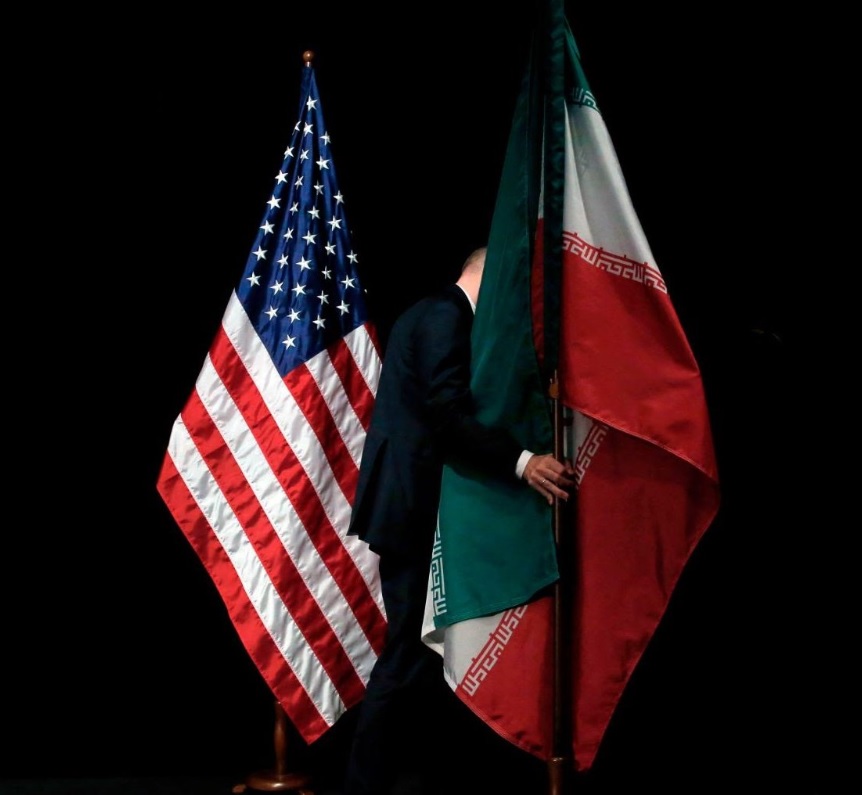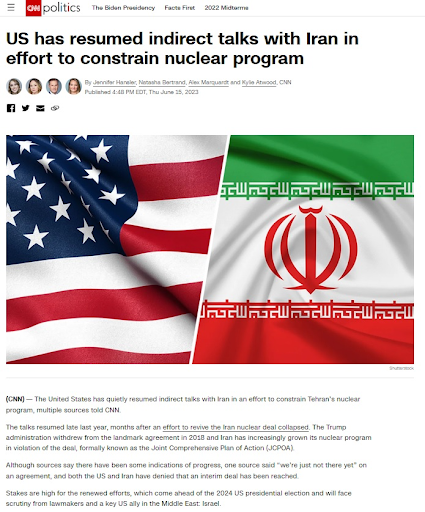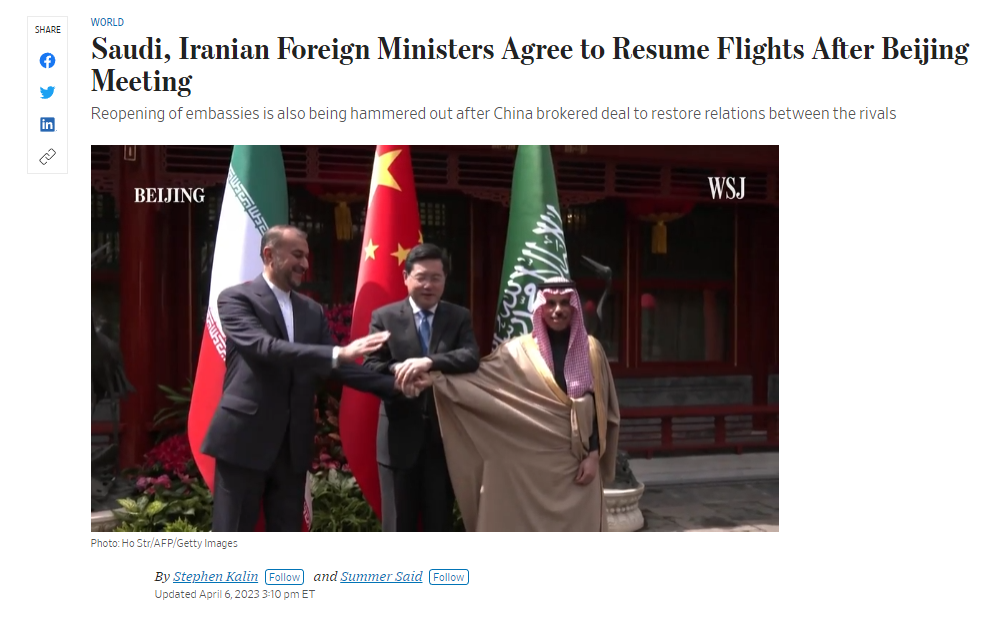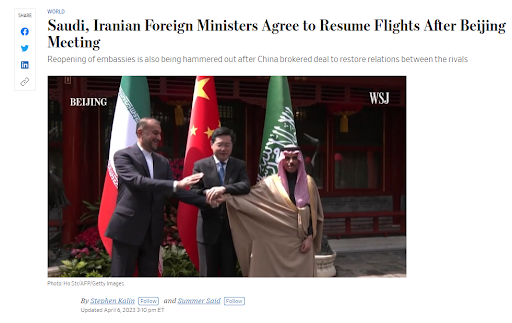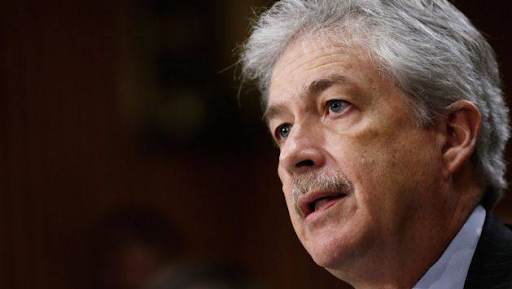
President Trump: " Israel's lobby had total control over Congress"
In the intricate theater of American politics, where influence is currency and loyalty is a commodity, few topics are as potent or as perilous to discuss openly as the role of foreign lobbying. That taboo was shattered once again this week when President Donald Trump, in a wide-ranging interview with The Daily Caller, made a blunt assertion that has sent ripples through the foreign policy establishment.
"Israel was the strongest lobby I’ve ever seen," Trump stated. "They had total control over Congress."
This stark declaration, from a man who proudly moved the U.S. embassy to Jerusalem and brokered the Abraham Accords, is more than just a soundbite. It is a rare, public admission from the commander-in-chief that reignites a long-simmering debate about the power of pro-Israel advocacy groups, their strategic influence on U.S. policy, and the line between support for an ally and "total control."
Trump’s remark did not come in a vacuum. It was part of a broader reflection on his presidency and his relationships—and friction—with various power centers. While he praised his administration's pro-Israel achievements, his comment about the lobby appears to stem from his perception of political pressure, particularly from groups that he felt were insufficiently loyal or critical of his specific policies.
This aligns with a recurring theme in Trump's political narrative: his self-styled image as a Washington outsider battling entrenched interests. By claiming that AIPAC (American Israel Public Affairs Committee) and similar organizations wield "total control," he frames his own actions not as capitulation to this influence, but as independent decisions made in the face of it.
Decoding "Total Control"
What does "total control" mean in practice? Political scientists and insiders argue it is less about sinister puppetry and more about a highly effective, sophisticated advocacy ecosystem that has been built over decades. This system encompasses:
AIPAC: The most well-known and powerful pro-Israel lobbying group, renowned for its bipartisan approach, extensive fundraising network, and deep relationships on Capitol Hill.
PAC Fundraising: Associated political action committees donate millions to the campaigns of both Democratic and Republican candidates who align with their policy goals.
Grassroots Mobilization: A network of local chapters that can activate constituents to contact their representatives on key votes, such as military aid packages or Iran sanctions.
Discourse Shaping: Efforts to influence think tanks, media commentary, and academic circles to align with a pro-Israel perspective.
The result is a political environment where unwavering support for Israel is often the default, bipartisan position. Voting against aid to Israel or criticizing its government’s actions is frequently seen as a significant political risk, a testament to the lobby's perceived power to reward friends and punish foes.














